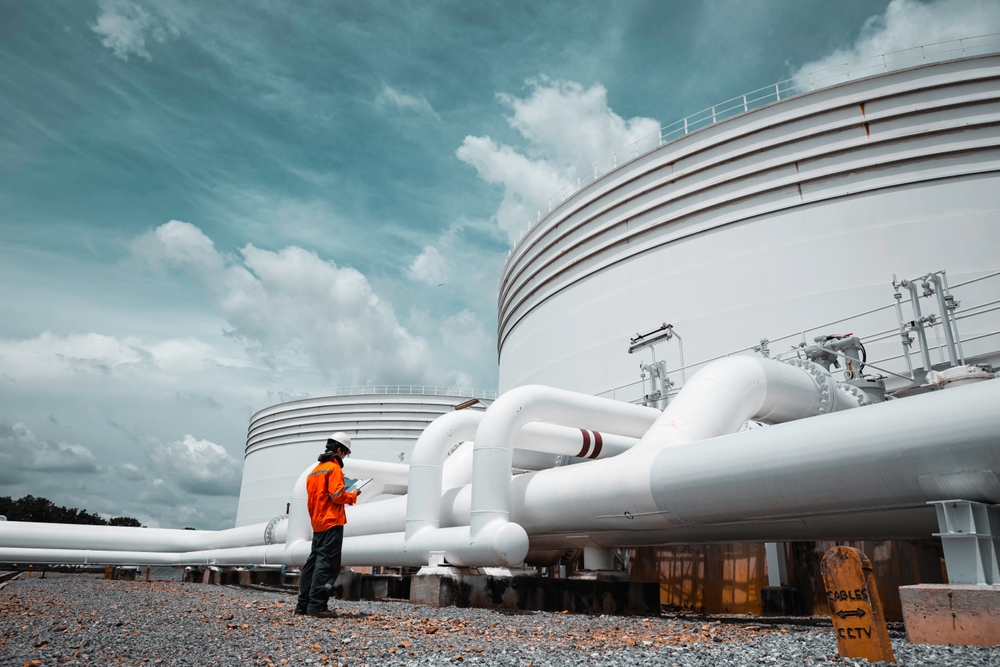
.jpg)
| City | Start Date | End Date | Fees | Register | Enquire | Download |
|---|---|---|---|---|---|---|
| Cairo | 23-06-2025 | 27-06-2025 | 3950 $ | Register | Enquire | |
| London | 30-06-2025 | 04-07-2025 | 6200 $ | Register | Enquire | |
| Paris | 30-06-2025 | 11-07-2025 | 9950 $ | Register | Enquire | |
| Dubai | 07-07-2025 | 11-07-2025 | 4300 $ | Register | Enquire | |
| Amsterdam | 14-07-2025 | 18-07-2025 | 6200 $ | Register | Enquire | |
| Milan | 28-07-2025 | 01-08-2025 | 6200 $ | Register | Enquire | |
| Dubai | 04-08-2025 | 08-08-2025 | 4300 $ | Register | Enquire | |
| Istanbul | 04-08-2025 | 15-08-2025 | 8950 $ | Register | Enquire | |
| Amman | 11-08-2025 | 15-08-2025 | 3950 $ | Register | Enquire | |
| Kuala Lumpur | 01-09-2025 | 05-09-2025 | 4950 $ | Register | Enquire | |
| Madrid | 08-09-2025 | 12-09-2025 | 6200 $ | Register | Enquire | |
| Istanbul | 08-09-2025 | 19-09-2025 | 8950 $ | Register | Enquire | |
| Amman | 15-09-2025 | 19-09-2025 | 3950 $ | Register | Enquire | |
| Barcelona | 22-09-2025 | 26-09-2025 | 6200 $ | Register | Enquire | |
| Madrid | 06-10-2025 | 10-10-2025 | 6200 $ | Register | Enquire | |
| Paris | 13-10-2025 | 24-10-2025 | 9950 $ | Register | Enquire | |
| London | 20-10-2025 | 24-10-2025 | 6200 $ | Register | Enquire | |
| Cairo | 27-10-2025 | 31-10-2025 | 3950 $ | Register | Enquire | |
| Casablanca | 03-11-2025 | 07-11-2025 | 4950 $ | Register | Enquire | |
| Amsterdam | 10-11-2025 | 14-11-2025 | 6200 $ | Register | Enquire | |
| Rome | 17-11-2025 | 28-11-2025 | 9950 $ | Register | Enquire | |
| Dubai | 24-11-2025 | 28-11-2025 | 4300 $ | Register | Enquire | |
| Cairo | 01-12-2025 | 05-12-2025 | 3950 $ | Register | Enquire | |
| Casablanca | 15-12-2025 | 19-12-2025 | 4950 $ | Register | Enquire | |
| Madrid | 22-12-2025 | 26-12-2025 | 6200 $ | Register | Enquire |
In the Advanced HVAC Design Course, students will be exposed to chiller and chamber design. By the end of the course, students will be equipped to design efficient ventilation systems with forced circulation that are comfortable and energy-efficient while maintaining good indoor climate and environmentally sound HVAC solutions.
Special attention will be given to developing technology for central teepee construction temperatures, combining the design and practicality of HVAC systems for use in oil and gas facilities. Students will appreciate that even the most extreme environments can be effectively addressed by advanced HVAC solutions.
This course offers practical knowledge about HVAC engineering tailored to the oil and gas field, ensuring that HVAC design engineers are well-equipped with the necessary knowledge and high-tech tools to meet industry demands. Participants will be able to assess and develop various solutions, including innovative heating, ventilation, and air-conditioning (HVAC) systems.
The Advanced HVAC Design Training enables participants to develop and implement complex designs in sophisticated HVAC systems capable of withstanding both expected and unexpected challenges in the oil and gas industry. Participants will be prepared to address the specific problems of the oil and gas sector by applying innovative design practices and modern HVAC techniques.
At the end of this Advanced HVAC Design Course, participants will:
Unit 1: Introduction to HVAC Systems and Basics of Their Design
Unit 2: Air Distribution System and Duct Design
Unit 3: Selection and Description of HVAC Equipment and Components
Unit 4: Hydronic System Design and Thermal Comfort
Unit 5: HVAC Controls and System Commissioning

.jpg)
.jpg)
.jpg)















